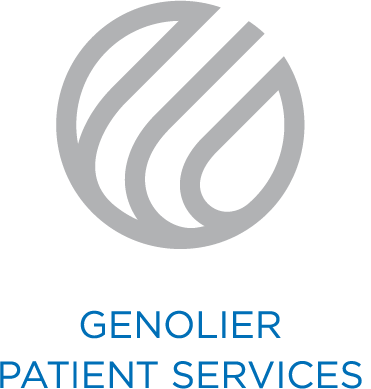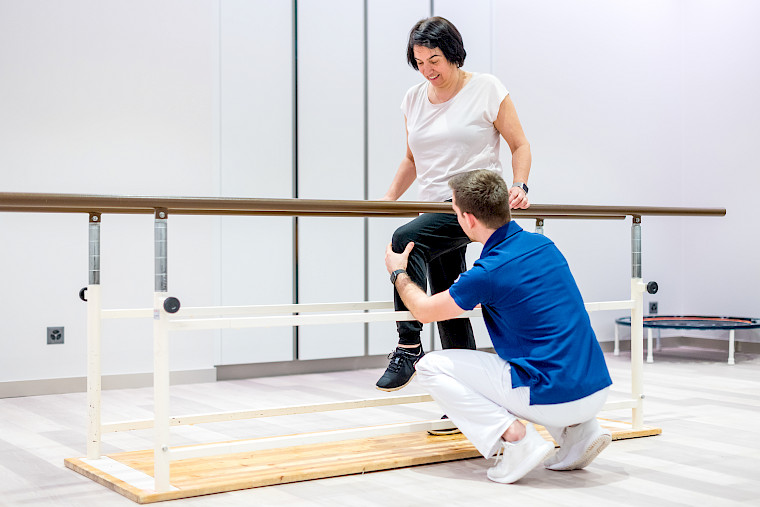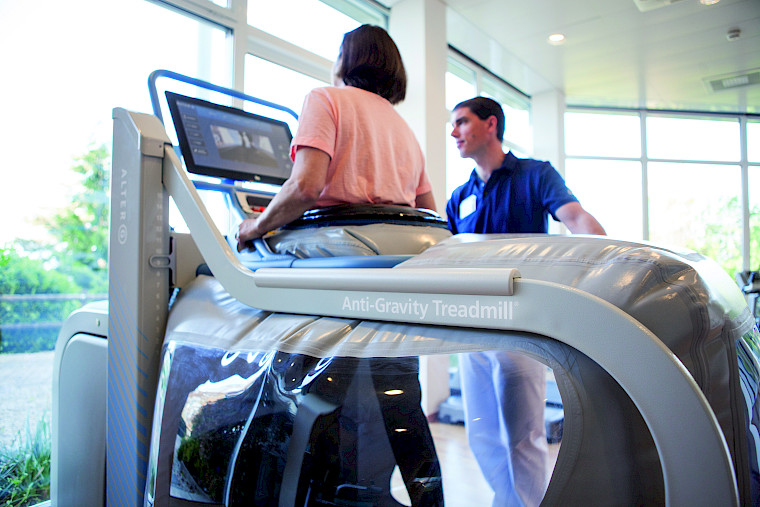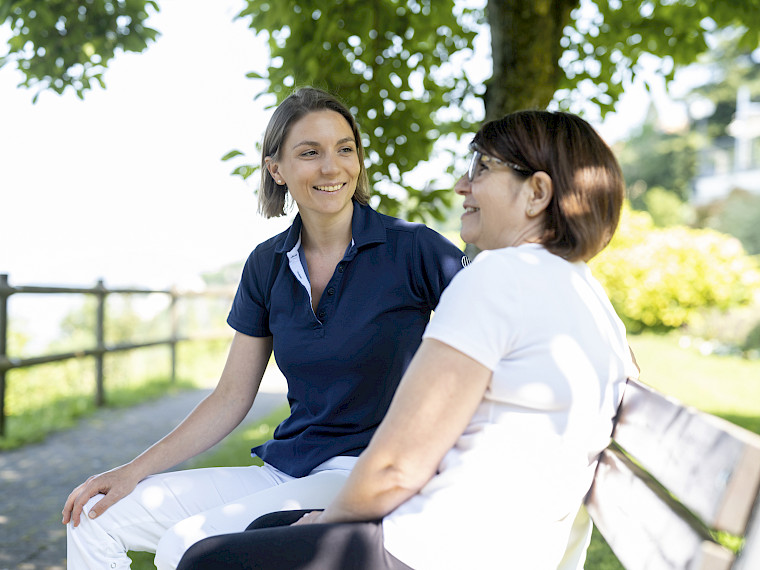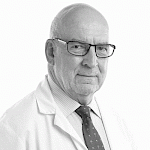You will benefit from premium multi-disciplinary healthcare and exceptional hospital facilities. With more than one hundred years of experience since its founding in 1905, Clinique Valmont is recognised for providing personalised and effective healthcare. Set in a picturesque location overlooking Lake Geneva and the Alps, the hospital offers a warm and friendly environment with ultramodern facilities, including high-tech training equipment, a fitness room, and an indoor swimming pool. In 2006, the hospital underwent a total refurbishment, taking care to preserve its timeless charm.
Clinique Valmont is specialised in neurological and orthopaedic rehabilitation, driven by a highly skilled and dedicated team of healthcare professionals, including neuropsychologists, physiotherapists, occupational therapists, speech therapists, sports coaches, and dieticians, who collaborate with doctors to tailor coordinated rehabilitation programmes for individual patients. The goal is to promote patient autonomy and facilitate their best possible recovery outcome.
